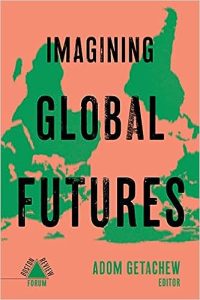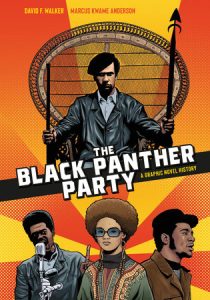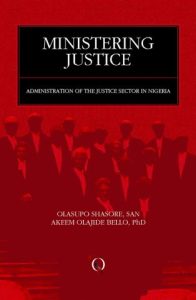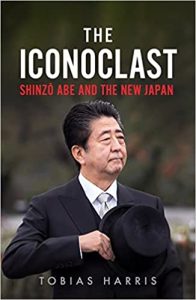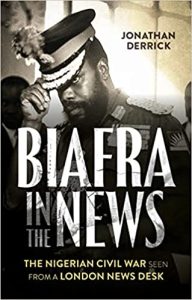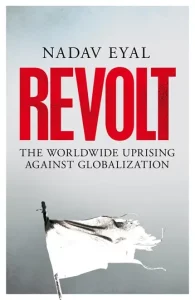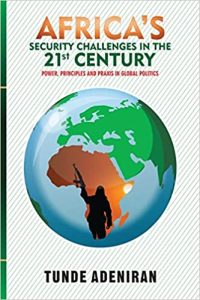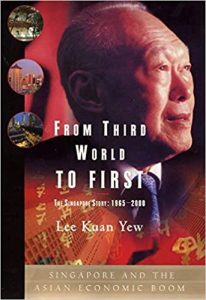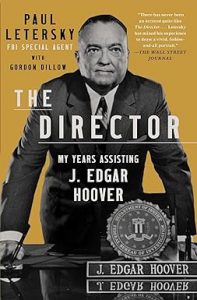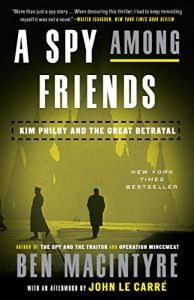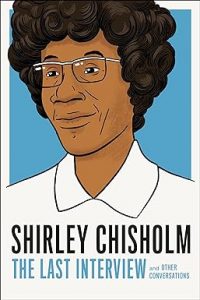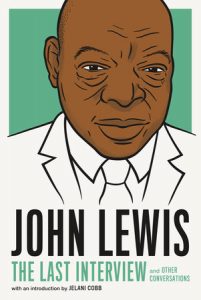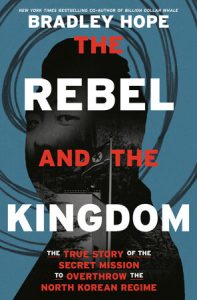Imagining Global Futures
₦10,000.00What does a just world look like? This volume begins with a planet beset by accumulating crises—environmental, social, and political—and imagines how we can move beyond them.
Drawing on the legacy of post-colonial struggles for liberation, Imagining Global Futures explores a range of radical visions for a world after neoliberalism and empire. Centered on movements in the Global South, the collection challenges dominant patterns of social and political life and sketches more just and sustainable futures we might build in their place. What can we learn from alternative conceptions of the good life? How can we build a world where people are both freer and more equal? An urgent resource for collective imagination, Imagining Global Futures counterposes thick visions of a better world to our dystopian present.

